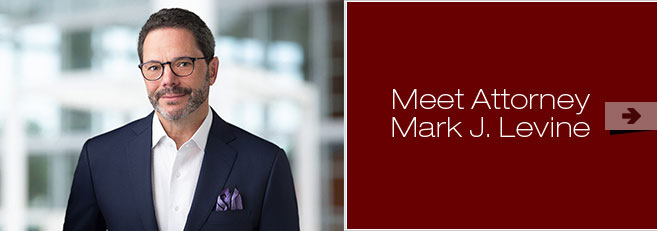Categories
Recent Posts
- A Better Way to Limit the Overuse of Noncompete Agreements
- NAVIGATING THE EEOC’S RECENT REGULATIONS ON THE PREGNANT WORKERS FAIRNESS ACT
- Meaningful Harassment Training
- Put it in Writting
- Get A Receipt: How to stop employee misappropriation
Archives
- August 2024
- June 2024
- December 2023
- October 2023
- May 2023
- February 2023
- October 2022
- August 2022
- May 2022
- April 2022
- March 2022
- January 2022
- June 2021
- May 2021
- December 2020
- September 2020
- July 2020
- May 2020
- March 2020
- February 2020
- December 2019
- October 2019
- September 2019
- June 2019
- April 2019
- March 2019
- January 2019
- December 2018
- September 2018
- June 2018
- May 2018
- February 2018
- January 2018
- December 2017
- September 2017
- July 2017
- May 2017
- April 2017
- January 2017
- October 2016
- September 2016
- July 2016
- June 2016
- May 2016
- March 2016
- February 2016
- December 2015
- November 2015
- October 2015
- August 2015
- June 2015
- May 2015
- March 2015
- January 2015
- December 2014
- November 2014
- September 2014
- August 2014
- July 2014
- May 2014
- April 2014
- March 2014
- February 2014
- January 2014
- November 2013
- September 2013
- August 2013
- July 2013
- June 2013
- May 2013
- April 2013
- February 2013
- January 2013
- October 2012
- August 2012
- July 2012
- May 2012
- April 2012
- January 2012
- December 2011
- November 2011
- October 2011
- September 2011
- May 2011
- March 2011
- January 2011
- December 2010
- November 2010
- October 2010
Recordings at Workplace
Posted on September 10, 2019 in Consulting
I often get calls from clients concerned about employees secretly recording conversations. In fact, I recently wrapped up a case that involved nearly six hours of surreptitious audio recordings. This was far from the first time I have had a plaintiff secretly audio or video workplace communications. It reminds me of some lessons to share on this topic.
1. A primer on the law
Federal law permits recording telephone calls and in-person conversations with the consent of at least one of the parties. 18 U.S.C. 2511(2)(d). Most states, including Texas, adopt the same rule. However, some states require all parties to the conversation to give consent to the recording. These are the “two-party” jurisdictions. Approximately twelve states fit this group. Big surprise, California is a two-party consent state. However, and this point cannot be understated, it is illegal for someone to record communications between other parties when the person making the recording is not a participant in the conversation.
2. Technology makes recordings more likely
The convenience of modern technology makes it all too easy to record conversations. Gone are the days of flip phones and the microcassette device. With smart phones glued to our hands any conversation can be recorded without detection. Smaller more sneaky devices can be purchased too. See https://spycentre.com/collections/spy-voice-recorders.
3. Act impeccably and you have no fears
Supervisors should have nothing to fear if they communicate effectively and professionally in the workplace. Perhaps the simple lesson is to train managers to think that they are being recorded. I experienced some of this in the practice of law. When I was young, long ago, I struggled to watch video depositions where I was the questioning lawyer. I quickly changed my perspective. Being recorded makes me very aware of my role and might actually help me perform at a higher level.
4. Don’t fret: recordings usually favor the employer
Most people regret the recording. Most employment-lawyers (including the plaintiffs’ bar) would say that ninety plus percent of secret recordings portray the plaintiff poorly. I have listened to some hilarious conversations of a plaintiff recording them saying something they would always regret. Usually, as a defense lawyer, I have to ask the plaintiff to produce any secret recordings because they do not want to share what they captured.
5. Pick up on the tells of employee recordings
Although not uniformly true, there are a few warning signs before an employee plans to surreptitious record a conversation with a supervisor. Typically, the employee has requested a meeting to discuss a matter already concluded. The point is obvious: the employee wants to rehash the conversation in a different light hoping for a Matlock moment and capture some confession. Second, and as corollary to point one, the employee oddly works the previously resolved topic into the new conversation. When you pick up the signs, go back to point three: act impeccably and you have no fears.

